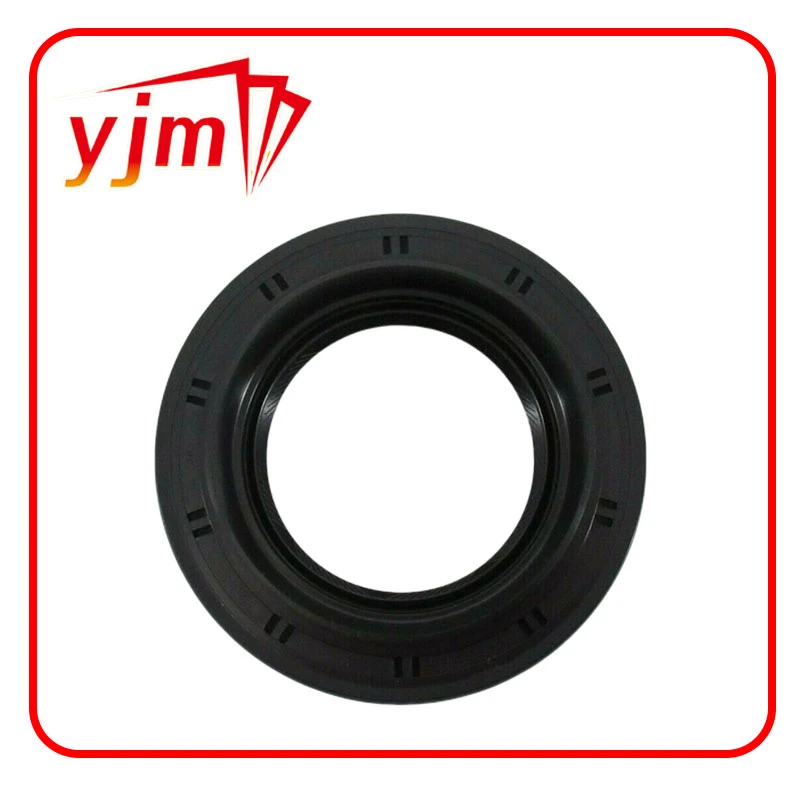bonded seal ring
Understanding Bonded Seal Rings Essential Components for Sealing Applications
In the realm of engineering and manufacturing, the need for reliable sealing solutions cannot be overstated. Industries ranging from automotive to aerospace, oil and gas to pharmaceuticals, rely on effective sealing mechanisms to prevent leaks, protect components, and maintain operational efficiency. One such innovative solution is the bonded seal ring, a component that has garnered attention for its effectiveness in sealing applications. This article delves into the characteristics, benefits, applications, and considerations surrounding bonded seal rings.
What are Bonded Seal Rings?
Bonded seal rings, also known as bonded washers, are specialized sealing devices typically made from a combination of rubber or elastomeric materials and metal. The design features a rubber sealing element bonded to a metal washer, providing both flexibility and strength. This unique structure allows the bonded seal ring to withstand high pressures and temperatures while effectively preventing the ingress of liquids and gases.
The rubber component of the seal provides excellent compressibility, enabling the ring to conform to the mating surfaces of components. The metal washer enhances the overall mechanical integrity, distributing the load evenly and providing resistance against deformation. Bonded seal rings can be used in various configurations, including flat and ring shapes, making them versatile for numerous applications.
Advantages of Bonded Seal Rings
1. Leak Prevention The primary function of bonded seal rings is to create a robust barrier against leaks. Their design ensures that they can effectively manage the pressure exerted by fluids or gases, making them ideal for applications where leakage can lead to hazardous situations.
2. Temperature and Chemical Resistance Bonded seal rings can be engineered to withstand a wide range of temperatures and chemical environments. Depending on the materials used in the rubber and metal, these seals can resist degradation from corrosive substances, making them suitable for harsh conditions.
3. Ease of Installation These seal rings can be easily installed and removed, which reduces downtime during maintenance or repairs. Their design allows for quick application, making them a preferred choice in assembly lines and production environments.
4. Cost-Effectiveness Compared to other sealing solutions, bonded seal rings offer a cost-effective alternative without compromising on performance. Their durability means they can reduce the frequency of replacements and repairs, leading to lower long-term costs.
bonded seal ring

Applications of Bonded Seal Rings
Bonded seal rings are widely used across several industries due to their effective sealing capabilities. Some key applications include
- Automotive Industry In automotive applications, bonded seal rings are used in engines, transmissions, and fuel systems to prevent oil and fluid leaks. - Aerospace These seals are crucial in aerospace applications, where they are used to ensure the integrity of fuel systems and hydraulic lines under extreme pressure and temperature conditions. - Oil and Gas The oil and gas industry utilizes bonded seal rings in drilling equipment, pumps, and pipelines to prevent leaks that could lead to environmental hazards and operational disruptions. - Pharmaceuticals In the pharmaceutical sector, where sanitation and cleanliness are critical, bonded seal rings offer reliable sealing solutions for containers and processing equipment.
Considerations When Choosing Bonded Seal Rings
When selecting bonded seal rings for specific applications, several factors should be considered
1. Material Compatibility Ensure that the materials used for both the rubber and metal components are compatible with the fluids and gases they will encounter.
2. Operating Conditions Assess the operating temperature and pressure to choose a bonded seal ring that can withstand the required conditions without failure.
3. Size and Specifications Proper sizing is critical. A seal ring that is too small may not provide an adequate seal, while one that is too large may not fit correctly.
4. Compliance For applications in regulated industries, ensure that the chosen bonded seal rings meet all necessary regulatory standards.
In conclusion, bonded seal rings are integral components that provide effective sealing solutions across various industries. Their unique design, characterized by a combination of rubber and metal, offers an array of advantages, including leak prevention, durability, and cost-effectiveness. As industries continue to evolve and demand more reliable sealing mechanisms, bonded seal rings stand out as a leading choice for engineers and manufacturers alike. By carefully considering application requirements, professionals can harness the full potential of bonded seal rings to enhance performance and safety in their operations.
-
Understanding the Front Main Engine Seal: Purpose, Maintenance, and Installation
News Jul.29,2025
-
Understanding O-Rings and Seal Rings: Types, Applications, and Custom Solutions
News Jul.29,2025
-
Understanding Crankshaft Oil Seals: Rear Seals, Pulley Seals, and Their Role in Engine Integrity
News Jul.29,2025
-
The Importance of Front and Rear Crankshaft Seals in Engine Performance and Oil Management
News Jul.29,2025
-
Crank Oil Seals: Functions, Types, and Cost Considerations in Engine Maintenance
News Jul.29,2025
-
A Comprehensive Guide to O-Rings and Seals: Types, Materials, and Global Applications
News Jul.29,2025
-
Mastering Diesel and Performance Engine Maintenance: A Guide to Critical Oil Gaskets
News Jul.28,2025
Products categories















